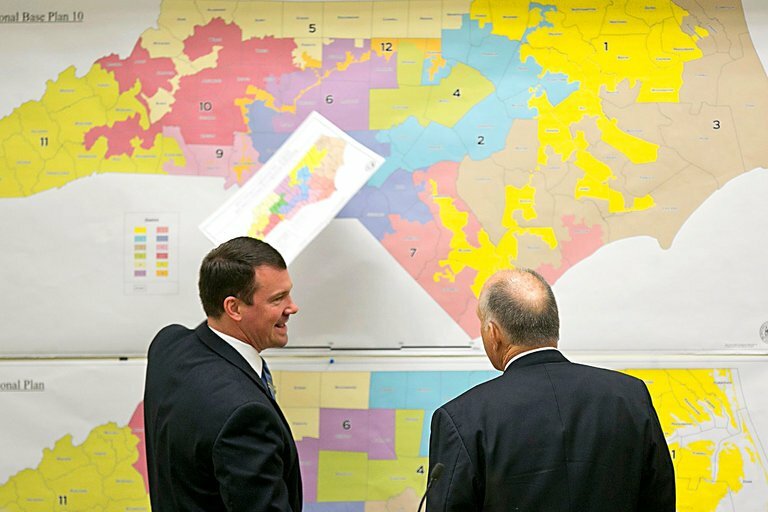Dan Hannan of the Washington Examiner describes the link between bad government policies and famine.
“Famine in South Sudan.” When I was growing up in the 1970s, it would have been an unremarkable headline. In those days, we were horribly habituated to images of African kids with matchstick legs and bloated bellies. Now, though, such headlines are startling, and for the best of reasons: Famines are slowly being eradicated.
According to the Danish academic Bjorn Lomborg, 1.7 million children died from malnutrition in the first decade of this century. A shocking number, to be sure; but it had fallen by 60 percent since the 1950s, despite the world population more than doubling in that time. …
… At the risk of sounding trite, what South Sudan needs is a minimally competent administration. The days when starvation was caused by drought or crop failure are almost over. Modern starvation is caused by politicians. The worst famines of the past century — 10 million died when Stalin collectivised Ukrainian farming in the 1930s, more than 20 million when Mao did the same to China in 1959 — were inflicted on people by the coercive power of the state.
South Sudan is no different. “This crisis is man-made,” said State Department spokesman Mark Toner, “the direct consequence of a conflict prolonged by South Sudanese leaders who are unwilling to put aside political ambitions for the good of their people.” Quite.
The solution to famine, strange as it sounds, is democracy. The great Indian economist Amartya Sen points out that mass starvation has existed under every other system of government: theocracy, absolute monarchy, fascism, communism. But never in a state that is accountable to its citizens at the ballot box.


